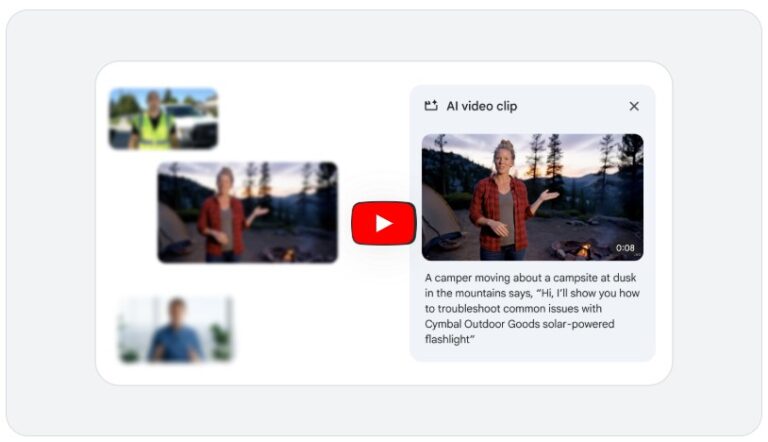US online banking scams are increasing rapidly as apps like Zelle, Venmo, and Cash App become widely used. While these apps make sending money easy, cybercriminals are constantly finding new ways to steal your funds. Every American should know how these scams work, how to prevent them, and what steps to take if their account is compromised.

Common US Online Banking Scams to Watch Out For
Fraudsters continuously adapt their methods, but some scams remain highly common:
Government Impersonation Scams in US Online Banking
Scammers often impersonate officials from the IRS, Social Security Administration (SSA), or even the FBI. They may threaten legal action or arrest unless you make an immediate payment, often demanding gift cards or cryptocurrency.
Pro Tip: US government agencies never request payment over the phone.
P2P Payment Fraud in US Online Banking Apps
This scam targets apps like Zelle and Venmo. Fraudsters pose as bank representatives, claiming errors in your account. They may ask you to make a “test transfer” or move money to a “secure account,” which results in stolen funds.
Tech Support Scams Targeting US Online Banking Users
Scammers pretend to be tech support from Microsoft, Apple, or other companies, claiming your computer is infected. They trick victims into installing remote access software such as AnyDesk or TeamViewer, then steal sensitive information, including bank login credentials.
Phishing and Vishing in US Online Banking
Fraudsters send fake emails (phishing) or make phone calls (vishing) impersonating your bank, Amazon, Netflix, or other platforms. Their goal is to steal login credentials, social security numbers, or banking information.
Three Steps to Secure Your Accounts from US Online Banking Scams
Place a Credit Freeze
Prevent identity theft by freezing your credit report with Equifax, Experian, and TransUnion. This stops fraudsters from opening accounts or loans in your name.
Enable Two-Factor Authentication (2FA)
Activate 2FA or Multi-Factor Authentication (MFA) on all banking, email, and financial apps. This adds an extra layer of security, making it nearly impossible for hackers to access your accounts using only a password.
Be Cautious With Payment Requests
If someone requests payment via gift cards, wire transfers, or cryptocurrency, it is a scam. Legitimate organizations never use irreversible payment methods.
Action Plan if You Fall Victim to US Online Banking Scams
Contact Your Bank Immediately
Call your bank or credit union as soon as possible. Report unauthorized transactions and freeze your debit card or checking account to prevent further loss.
Know Your Legal Rights
- Regulation E: Limits your liability for unauthorized electronic fund transfers. Reporting fraud within two business days can limit your liability to $50.
- Credit Card Protections: Use credit cards for online purchases. Most offer a Zero Liability Policy, meaning you won’t lose money due to fraud.
Report to Authorities
- FTC Complaint: Report scams at ReportFraud.ftc.gov. FTC tracks trends and acts against scammers.
- FBI IC3: For major losses, file a complaint with FBI Internet Crime Complaint Center (IC3).
Additional Tips for Staying Safe From US Online Banking Scams
- Always use official phone numbers from your bank’s website or card to contact customer service. Never trust numbers found online.
- Keep software, apps, and antivirus programs updated.
- Be skeptical of unsolicited emails or calls asking for sensitive information.
- Regularly monitor your bank statements and credit reports for unusual activity.
By following these steps and staying vigilant, you can significantly reduce your risk of falling victim to US online banking scams.
For more tips on digital security, check out our articles on Identity Theft Protection and Cybersecurity Tips for Beginners.





